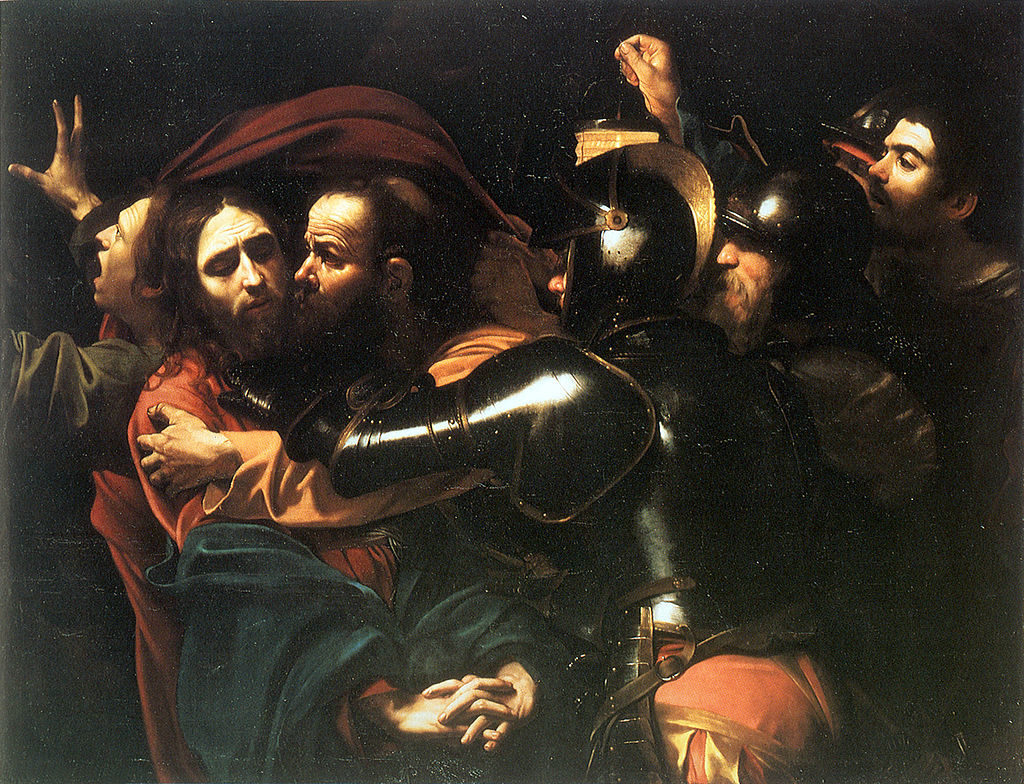What the Rosary Tells Us About Judas’ Betrayal
Because we celebrated the Solemnity of the Ascension on Sunday, many of us didn’t hear the regular readings for the Seventh Sunday of Easter. The first reading from the Acts of the Apostles was particularly interesting to me. It highlighted the discussions among the apostles on how to fill the vacancy in the apostleship left […]
What the Rosary Tells Us About Judas’ Betrayal Read More »










